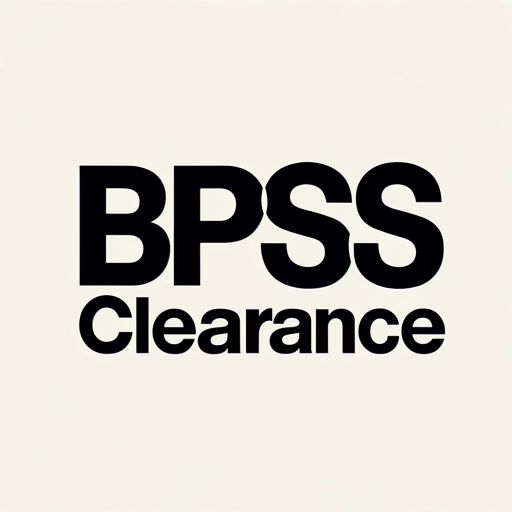bpss vetting
Security breach risks
When aiming for BPSS clearance, ensuring you have the right documents is paramount. Your proof of identity, employment history, and national and immigration status play an essential role in this process. However, delving into the specifics of unspent criminal records and time spent abroad might hold the key to your successful clearance. Each document serves as a puzzle piece in the larger picture of your suitability. Remember, attention to detail in gathering these documents could be the difference-maker in your clearance journey.
BPSS checks are governed by standards set by the UK government, specifically designed to comply with national security guidelines for personnel working in secure environments.
Bpss vetting - Eligibility criteria
- Security breach risks
- BPSS form
- Eligibility criteria
Remember to disclose any significant periods of six months or more spent abroad within the last three years as part of the BPSS clearance procedure. By organizing and presenting these essential documents accurately, you can expedite the verification process and demonstrate your suitability for accessing UK OFFICIAL assets.





